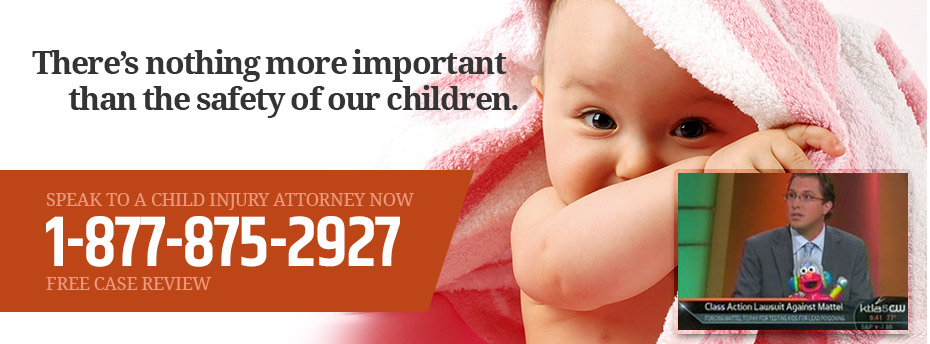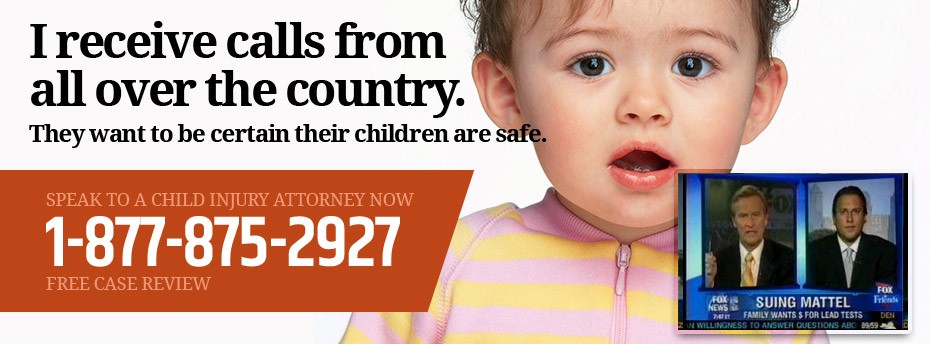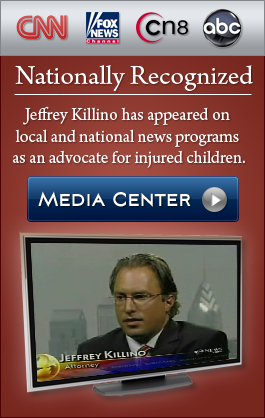 Maternal proximity to oil and gas well sites has been linked to congenital heart defects in babies. Children born to mothers living near oil and natural Gas well sites with intense activity have a 40-70 percent higher chance congenital heart defects (CHDs) compared to those living in areas of less intense activity, according to a new study from researchers at the Colorado School of Public Health.
Maternal proximity to oil and gas well sites has been linked to congenital heart defects in babies. Children born to mothers living near oil and natural Gas well sites with intense activity have a 40-70 percent higher chance congenital heart defects (CHDs) compared to those living in areas of less intense activity, according to a new study from researchers at the Colorado School of Public Health.
The study published in the journal Environment International in June 2019 evaluated the relationship between maternal proximity to oil and gas (O&G) well site activities and births with CHDs. The study took place in Colorado, where six percent of at least 17 million people in the U.S live within one mile of an active O&G well site (that was drilled after the year 2000). Colorado’s rate of 18.9 CHDs per 1000 births is more than twice the national rate of 8.1 CHDs per 1000 births.
Study results showed “further evidence of a positive association between maternal proximity to O&G well site activities and several types of CHDs, particularly in rural areas and in areas with high densities of air pollution sources not associated with O&G activity.”
If your child has suffered a congenital heart defect and you live near an oil an gas area, you may be entitled to recover damages from the party or parties responsible. Child-injury lawyer Jeffrey Killino is dedicated to helping children and families obtain the compensation they deserve. Contact Jeffrey Killino at 877-875-2927 to learn about your legal options.
Hazardous Oil and Well Pollutants
Many environmental risk factors have been associated with CHDs, including maternal exposures to hazardous air pollutants such as benzene, diesel exhaust and non-chemical stressor. Close proximity of O&G wells to maternal residences also means exposure to some of the most common hazardous air pollutants (e.g., benzene, toluene and xylenes).
Animal models show that CHDs can happen with a single environmental exposure during early pregnancy. Another hazardous air pollutant emitted from well sites are suspected teratogens – agents or factors that cause malfunction of the embryo—and known to cross the placenta.
In the summer of 2014, continuous ambient benzene sampling in Colorado’s Denver Julesburg Basin indicated that mean benzene concentrations at night, when people are most likely to be at home, were on average twice the daytime mean.
- O&G operators use up to 280 truck trips per day with diesel engines to transport supplies, water, and waste to and from O&G wells.
- Generators equipped with diesel engines are used both to drill wells and for hydraulic fracturing.
- Air pollutants in the diesel exhaust emitted from these trucks and generators include nitrogen dioxide (NO2) and particulate matter.
- Reactions between NO2 and volatile organic compounds produce lead to ground level ozone production (according to the US Environmental Protection Agency, 2018).
- Non-chemical stressors, such as traffic, noise, light, and psychological stress, associated with O&G development may increase maternal stress levels and risk of CHDs.
Congenital heart defects (CHDs)
Congenital heart defects (CHDs) are the most common type of birth defect in the United States and the leading cause of death due to birth defects. Infants born with a CHD are less likely to thrive, more likely to have developmental problems, and more vulnerable to brain injury.
The four specific types of CHDs are:
(1) pulmonary artery and valve defects (PAVDs) defined as pulmonary valve atresia and stenosis and pulmonary artery anomalies with and without ventricular defects
(2) aortic artery and valve defects (AAVD) defined as aortic valve stenosis and coarctation of aorta with and without ventricular defects
(3) conotruncal defects(CTDs) defined as Tetralogy of Fallot and transposition of great vessels with and without ventricular defects
(4) tricuspid valve defects (TVDs) defined as tricuspid valve atresia and stenosis and Ebstein’s anomaly with and without other CHDs.
Attorney Jeffrey Killino is not only an experienced lawyer — he is also a child advocate. When a child injury or death occurs, he has the know-how and resources to guide you through the legal process to get what you and your family are entitled to. If your child has suffered a congenital heart defect because of a company’s negligence, Jeffrey Killino can help.
If you would like to learn more about congenital heart defects associated with oil & well sites and how best to safeguard your youngster against these dangers, contact child injury lawyer Jeffrey Killino today at 877-875-2927 to discuss any questions you may have with him.





